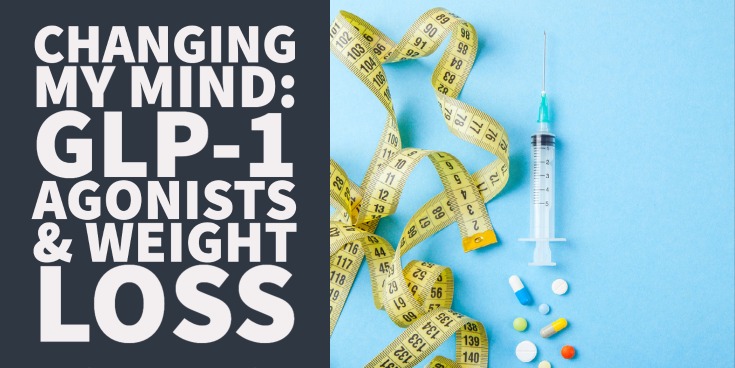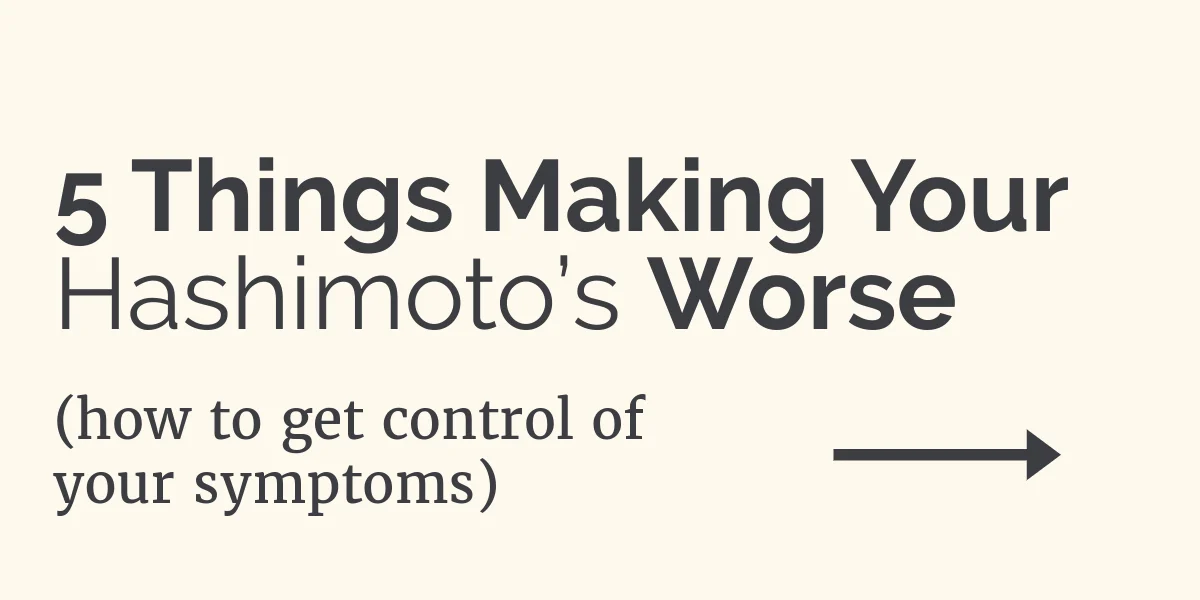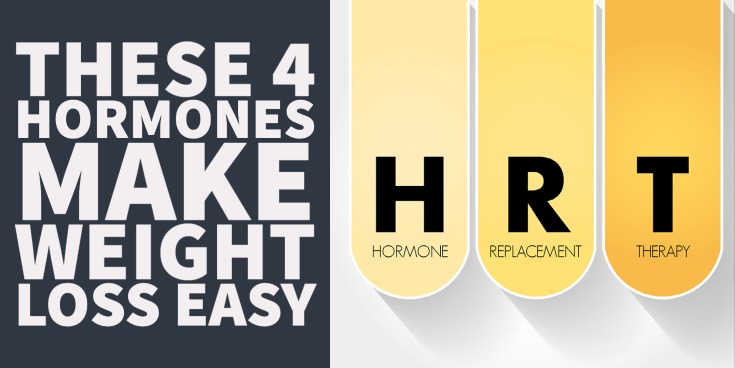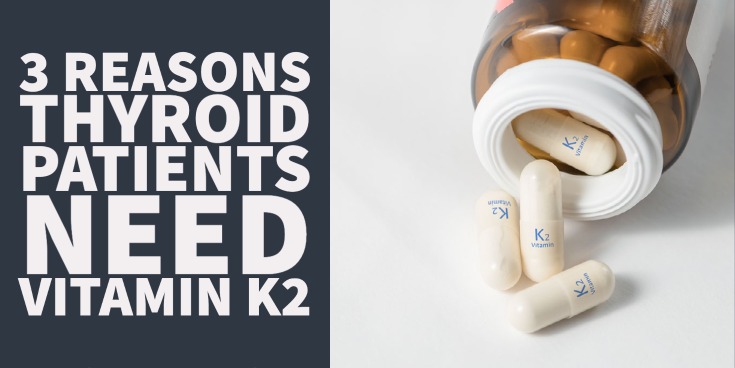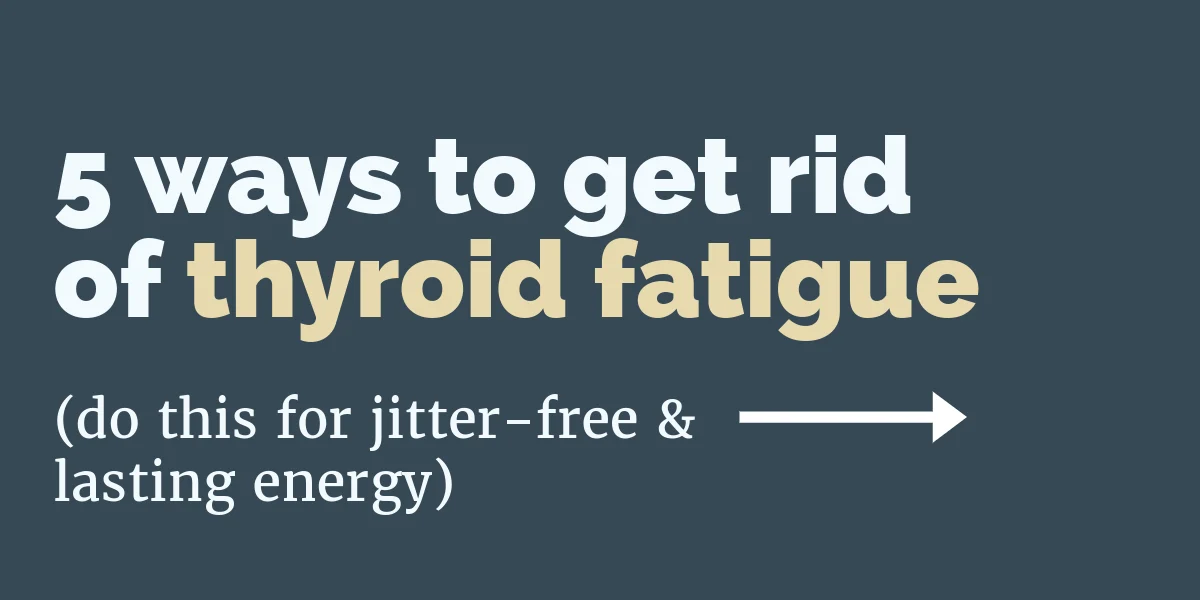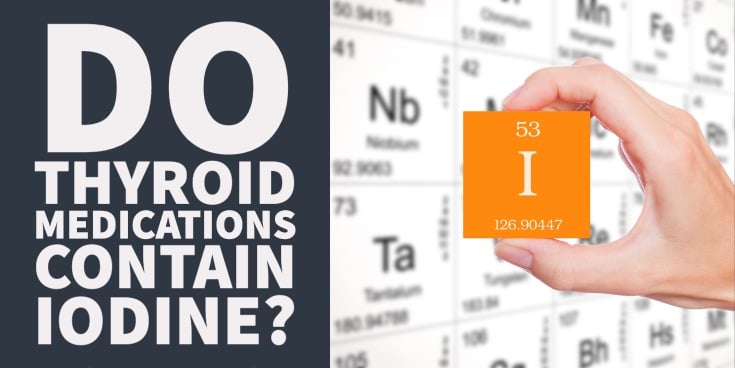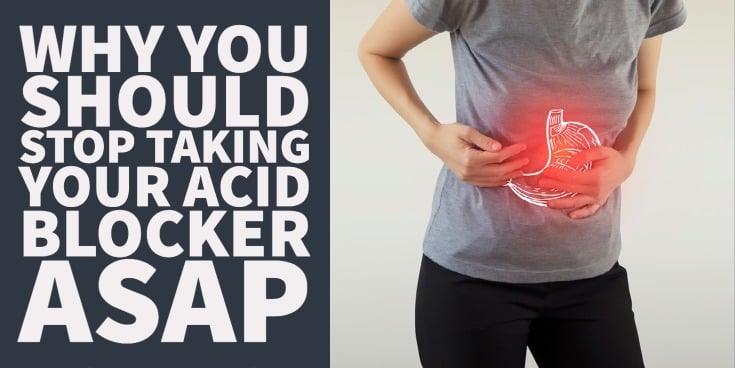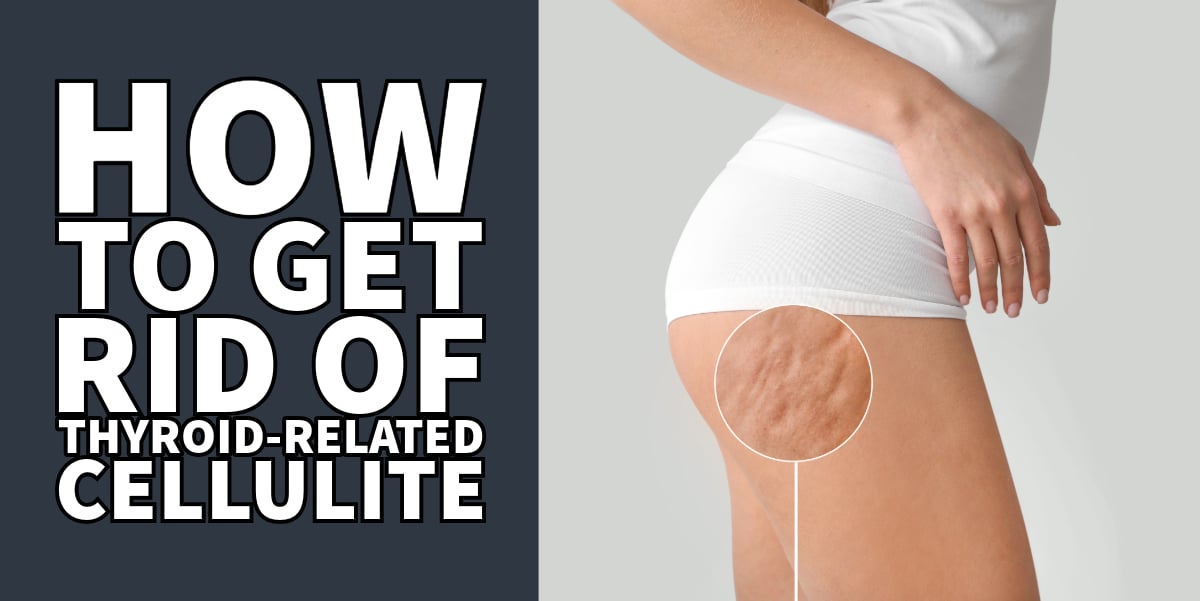Changing My Mind: GLP-1 Agonists and Weight Loss
GLP-1 agonists have gained a tremendous amount of attention over the last few years for their potential to help people lose weight. And while this may seem amazing, especially for people who have struggled with weight loss their entire life, they may not be the miracle drugs you think they are. Just to catch anyone …
